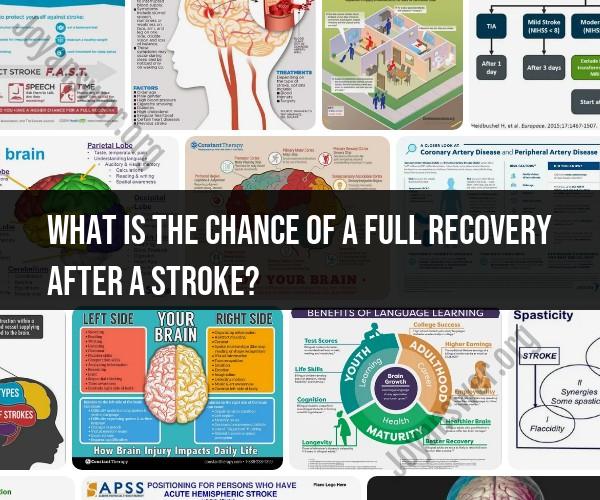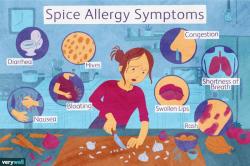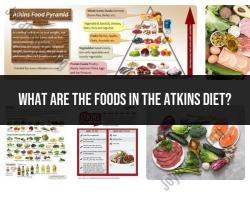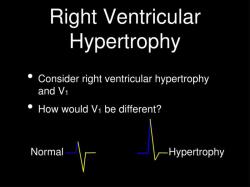What is the chance of a full recovery after a stroke?
The process of recovery after a stroke varies widely among individuals and depends on several factors. While some individuals can achieve full recovery, others may experience long-term or permanent disabilities. Understanding the odds and factors that influence recovery can provide insights into the journey after a stroke:
Factors Affecting Recovery:
Type of Stroke: Ischemic strokes (caused by a blocked blood vessel) and hemorrhagic strokes (caused by bleeding in the brain) have different implications for recovery. Ischemic strokes may have a higher chance of recovery compared to hemorrhagic strokes.
Severity of the Stroke: The size and location of the brain damage caused by the stroke can impact the degree of impairment and the potential for recovery.
Time of Intervention: Swift medical intervention and treatment are crucial for minimizing damage and optimizing recovery. Early intervention can improve the chances of recovery.
Age: Younger individuals generally have a better chance of recovery due to greater brain plasticity and resilience.
Overall Health: Pre-existing health conditions, such as diabetes, heart disease, or hypertension, can affect the recovery process.
Rehabilitation: Participation in post-stroke rehabilitation, including physical therapy, occupational therapy, and speech therapy, significantly influences recovery outcomes.
Support and Motivation: A strong support system, including family, friends, and healthcare professionals, plays a role in recovery. Motivation, determination, and a positive attitude can also contribute to better outcomes.
Compliance with Treatment: Adhering to prescribed medications, therapies, and lifestyle modifications is crucial for optimizing recovery.
Types of Recovery:
Full Recovery: Some individuals can experience a full recovery, regaining their pre-stroke level of functioning. This is more likely for milder strokes with minimal brain damage.
Partial Recovery: Many individuals experience partial recovery, where they regain some but not all of their previous abilities. Rehabilitation can help maximize functional gains.
Plateauing: Recovery progress may plateau after an initial period of improvement. However, this doesn't mean further gains are impossible; intensive therapy can lead to breakthroughs even after a plateau.
Long-Term Disabilities: Some individuals may experience long-term disabilities or impairments that affect daily living activities.
Factors Influencing Positive Outcomes:
Early and Intensive Rehabilitation: Participating in rehabilitation programs as soon as possible and engaging in intensive therapy can improve outcomes.
Consistent and Long-Term Effort: Continued effort in rehabilitation, even after initial progress, is important for ongoing improvement.
Supportive Environment: A positive and supportive environment at home, work, and in the community contributes to recovery.
Healthy Lifestyle: Adopting a healthy lifestyle with a balanced diet, regular exercise, and managing other health conditions can support recovery.
Adaptive Strategies: Learning and using adaptive strategies to manage challenges and new limitations can enhance independence.
Recovery after a stroke is a complex and individualized process. It's important to work closely with healthcare professionals, follow their recommendations, and maintain a positive outlook. While full recovery is not guaranteed, many individuals make significant progress and achieve improved quality of life through rehabilitation and ongoing support.












